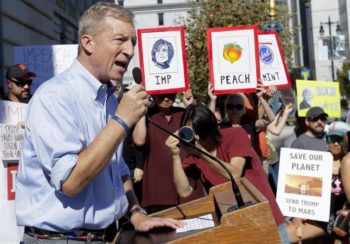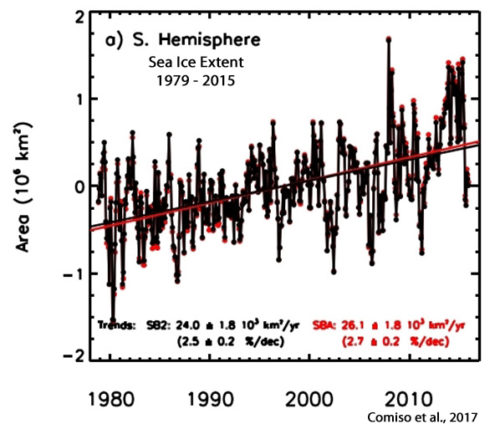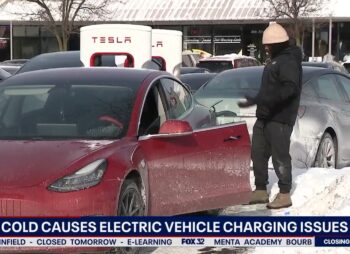
Not surprisingly, these advocates selected California’s federal courts as the forum of choice, counting on their comparatively liberal dispositions to breathe new life into their agenda.
Pursuant to this initiative, several California counties and cities have sued numerous defendants, including major oil and gas companies, for emitting and exacerbating emissions of greenhouse gases.
In doing so, the plaintiffs based their claims on the tort of public nuisance, the broadest and vaguest remedy available.
Public nuisance has been condemned by legal scholars as “notoriously contingent and unsummarizable” and a “wilderness of law.”
William Prosser, one of America’s most famous law professors, wrote that nuisance was an “impenetrable jungle” and a “legal garbage can” full of “vagueness, uncertainty, and confusion.”
Richard Epstein, another noted legal authority, concluded that nuisance “does not work on a moral or deductive principle.”
U.S. Supreme Court Justice Harry Blackmun famously remarked that “one searches in vain for anything resembling a principle in the law of nuisance,” and even the California Supreme Court has rejected the remedy when it threatened to impose “standardless liability.”
Given this history, it is especially alarming that the climate change movement now seeks legal judgments in the absence of objective standards derived from the legislative or regulatory process.
Even more incredibly, this persistent excursion has already been rejected by not only the Ninth Circuit Court of Appeals – the reviewing court that will decide any appeal from these judgments – but also by the Supreme Court of the United States.
Controversies such as climate change concern policy choices and value determinations that are constitutionally reserved to the executive branch or Congress and are especially ill-suited for judges.
The Supreme Court has held that courts are fundamentally unequipped to formulate national policies or develop standards for matters, such as climate change, that are not legal in nature.
As Justice Felix Frankfurter cautioned, “A court is likely to lose its way if it strays outside the modest bounds of its own special competency” and adjudicates only the legal phases of a broad social problem into an “opportunity for formulating judgments of social policy.”
Although such “political questions” cannot be resolved constitutionally by judges, the climate movement seeks that precise result in California.
Even more curiously, the movement seeks monetary judgments for the California cities’ and counties’ own pockets – judgments supposedly intended to pay for adaptation and abatement of the alleged worldwide nuisance.
Such money, if awarded as damages, would comprise gigantic windfalls allocated by unelected federal judges and spent at each plaintiff’s discretion.
The judgments could never be implemented in a manner reasonably calculated to reverse global warming unless they were accompanied by a bureaucracy created, elected and funded to supervise the work internationally and ensure against waste and abuse.
Since neither Congress, the California legislature, the county and city governments, nor any other elected bodies are willing to serve in these roles, the plundering of America’s energy enterprises is entirely unwarranted.
Under controlling Supreme Court authority, even when the political branches have not acted, common law courts are not necessarily free to “fill the void.”
Irrespective of whether the executive or legislative branches have spoken, due respect for their constitutional responsibilities – combined with the awareness of the judiciary’s own limitations – should motivate judicial restraint.
Although the ancients concluded that “nature abhors a vacuum,” there are circumstances in the law, as here, where uncharted voids should be eschewed.
In the absence of guiding principles, errors are as likely to fill the jurisprudential void as wisdom.
Richard Faulk is a lawyer at Davis Wright Tremaine in Washington, D.C.
Read more at Real Clear Politics

















Noting that California is home to the notorious 9th Circus Court the nations most overturned appeals court and Moonbeam Brown with his furry cattapillar eyebrows still proving he is a idiot and a traitor just like all liberal democrats are